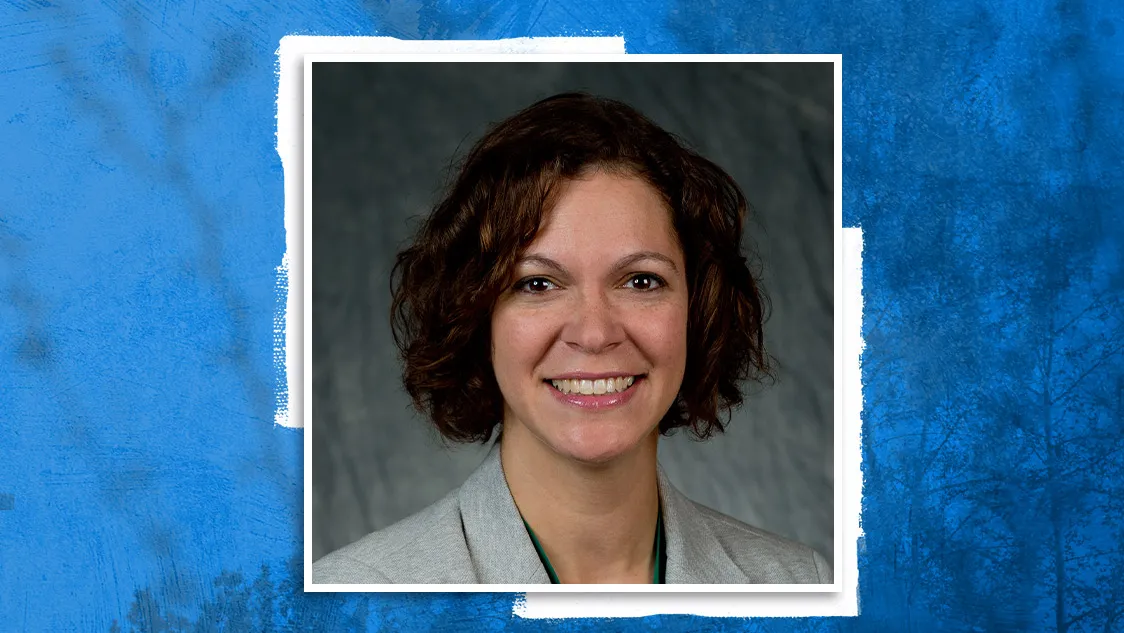Joe Gutierrez | CSUSB Office of Strategic Communication | (951) 236-4522 | joeg@csusb.edu

Cal State San Bernardino will hold a virtual forum on Tuesday, May 4, geared toward university faculty in their teaching efforts, focusing on what works in the classroom, student feedback on teaching, what strategies have worked and how the move to virtual learning has mitigated and/or exacerbated observed learning inequities.
CSUSB Pedagogy Forum: A Public Reflection on Teaching will be from 1-3 p.m. The forum, which includes a keynote address and roundtable discussions, is sponsored by the CSUSB Academic Programs High Impact Practices Committee, in collaboration with the Teaching Resource Center and the Faculty Center for Excellence, and will be led by Tom Girshin, coordinator for the Writing Intensive Program and an associate professor of English.
No registration is necessary, and all events are linked directly in the forum program.
The keynote speaker is Natasha Jankowski, former executive director of the National Institute for Learning Outcomes Assessment (NILOA). Jankowski’s talk, “Inclusive Practice is High Impact: An Examination of Culturally Responsive Practice,” will argue that what makes High Impact Practices (HIP) high impact is not the list itself or simply integrating HIP offerings into the educational journey. Instead, the impact is attained through the ways in which students engage in quality learning experiences and the implementation of those experiences in culturally relevant and responsive means by faculty.
Under Jankowski’s leadership, NILOA was the proud recipient of the ACPA Contribution to Higher Education award. Her areas of focus include assignment design, transparency, evidence-based storytelling, equity, mapping and alignment of learning, and all things assessment. Jankowski also served as a faculty member within the department of Education Policy, Organization and Leadership at the University of Illinois Urbana-Champaign.
Jankowski is co-author of the book “Using Evidence of Student Learning to Improve Higher Education,” co-author of “Degrees that Matter: Moving Higher Education to a Learning Systems Paradigm,” and co-editor of “Student-Focused Learning and Assessment: Involving Students in the Learning Process in Higher Education.” She has a forthcoming book on equity and assessment. She holds a Ph.D. in higher education from the University of Illinois, an M.A. in higher education administration from Kent State University, and a B.A. in philosophy from Illinois State University.
To attend the keynote address, click on the this link to the Zoom meeting page. The webinar ID is 867 8257 3920 and the password is Forum2021
Girshin said CSUSB continues to distinguish itself as a student-centered institution.
“Faculty commitment to teaching is evident in everything we do, from the high-impact practices and other evidence-based student engagement opportunities we integrate into our courses, to our innovative approaches to teaching, to our adept and effective response to the challenges of the COVID-19 pandemic, and especially to our thoughtful efforts to be leaders in providing students with an educational experience rich in social justice and equity,” Girshin said.
But faculty don’t always know what is and isn’t working in the classroom.
“We don’t always know how learning is being experienced differently among our students. We don’t always recognize our biases or cultural blind spots,” Girshin said. “Teaching is a complex and dynamic activity, and as teachers we inherit a rich history of responding to these unknowns with reflective practice informed by empirical research, pedagogical theory and commitments, and informal sharing and discussion.”
The forum will address questions that include:
- How have your experiences with high-impact practices (HIPs, including first-year seminars, learning communities, writing intensive courses, collaborative projects, undergraduate research, diversity and global learning, ePortfolios, service learning, and internships) influenced your approach to teaching and learning, and vice versa?
- What evidence of learning do you look for in your classes?
- How does feedback from students inform your teaching practices?
- What strategies have worked to foster a more inclusive learning environment, and how do you know?
- How have you worked to make your teaching more welcoming, and to what extent have you succeeded?
- What evidence of learning do you look for in your classes?
- How does feedback from students inform your teaching practices?
- What strategies have worked to foster a more inclusive learning environment, and how do you know?
- How have you worked to make your teaching more welcoming, and to what extent have you succeeded?
For more information, contact Thomas Girshin at tgirshin@csusb.edu.